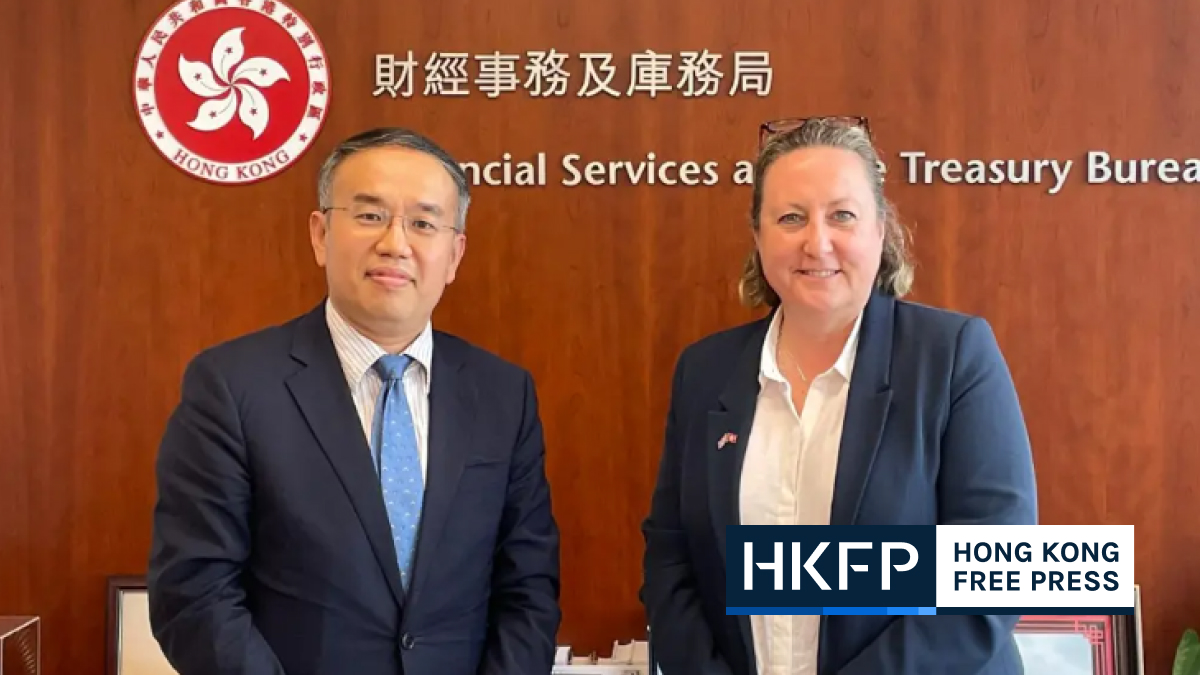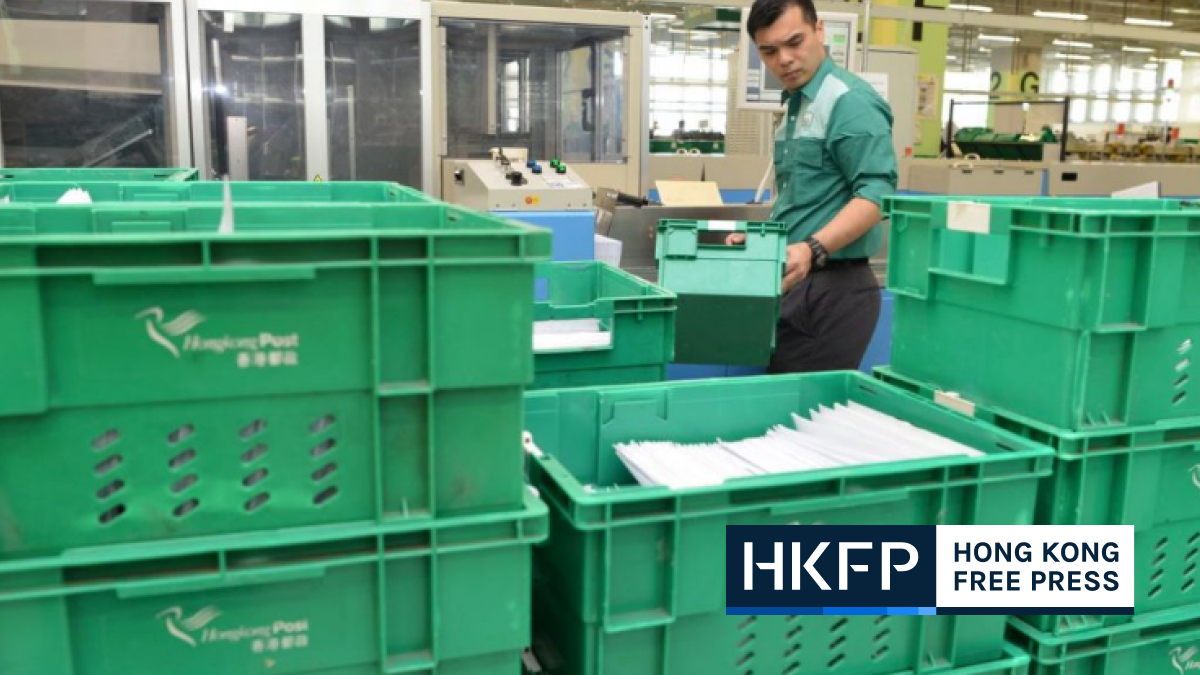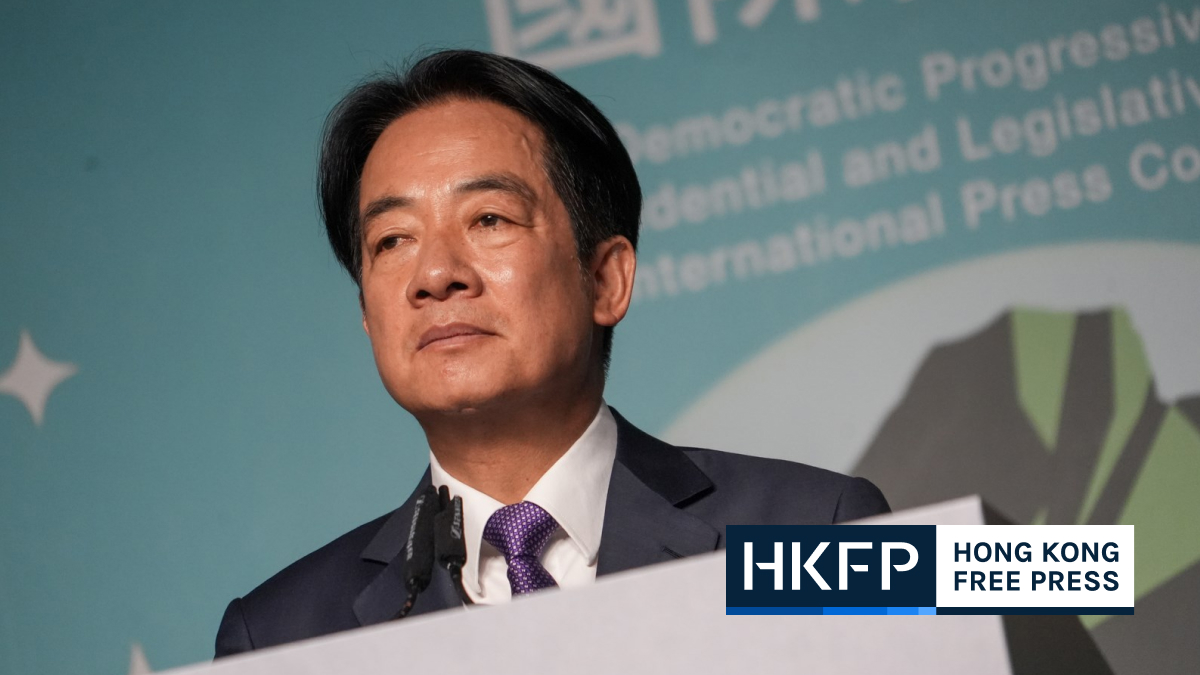The owner of Chi Kee Sawmill & Timber, Wong Hung-kuen, describes the 75-year-old business as a “temple of carpentry” in Hong Kong. But the city is about to lose its last such temple.
The 72 year-old carpenter inherited the sawmill from his father, who founded it in 1947. It survived the city’s economic transition from manufacturing to finance and growing environmental awareness – but was finally felled by a government development plan.
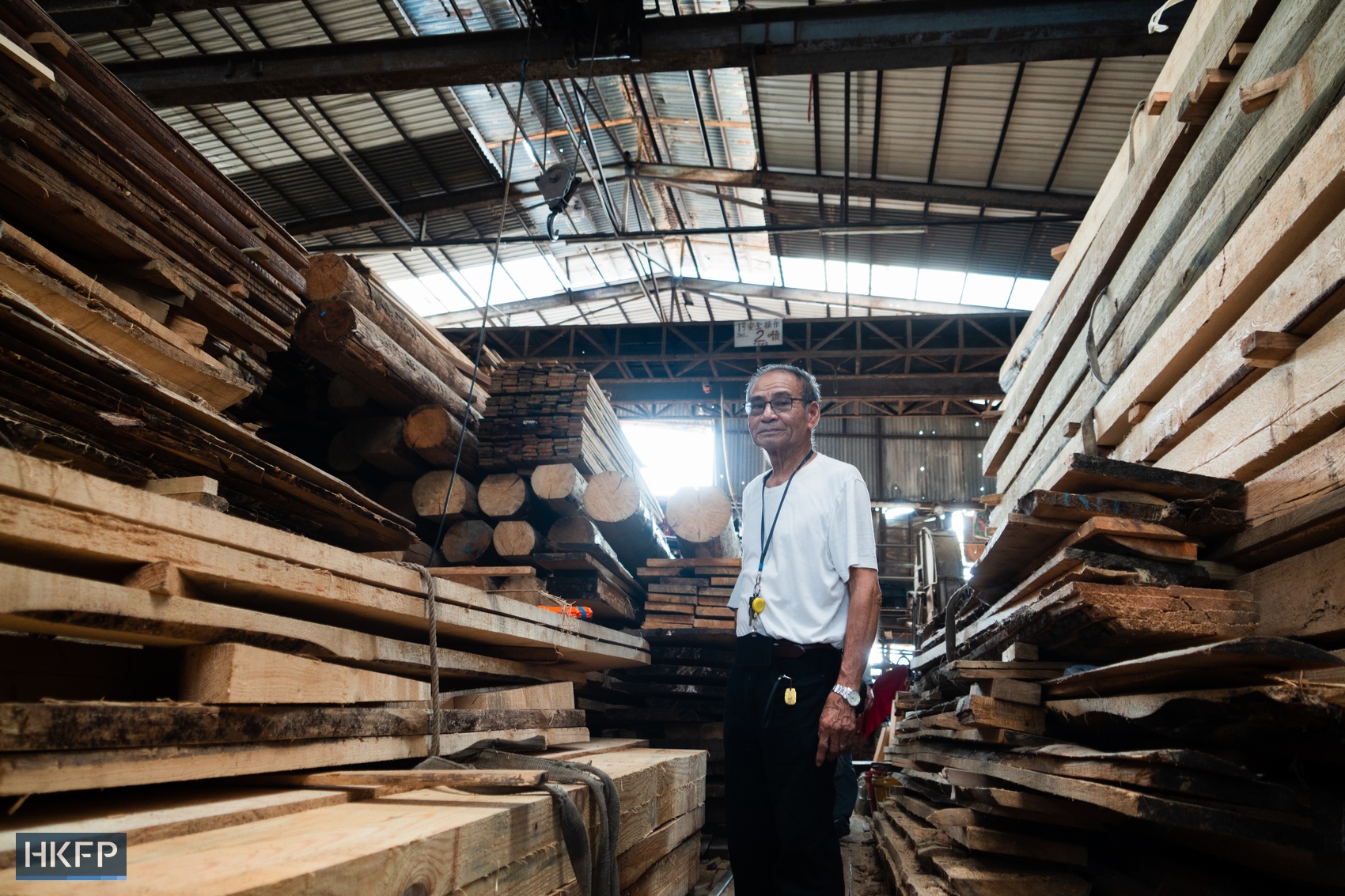
The sawmill is located in the village of Ma Tso Lun in Sheung Shui, an area that falls under the Northern Metropolis Development Strategy proposed by the former chief executive Carrie Lam last year. The plan intends to link several existing towns and to develop rural areas in the city’s northern district into a megalopolis which will become part of the Greater Bay Area, Beijing’s development strategy for Hong Kong, Macau and nine mainland Chinese cities.
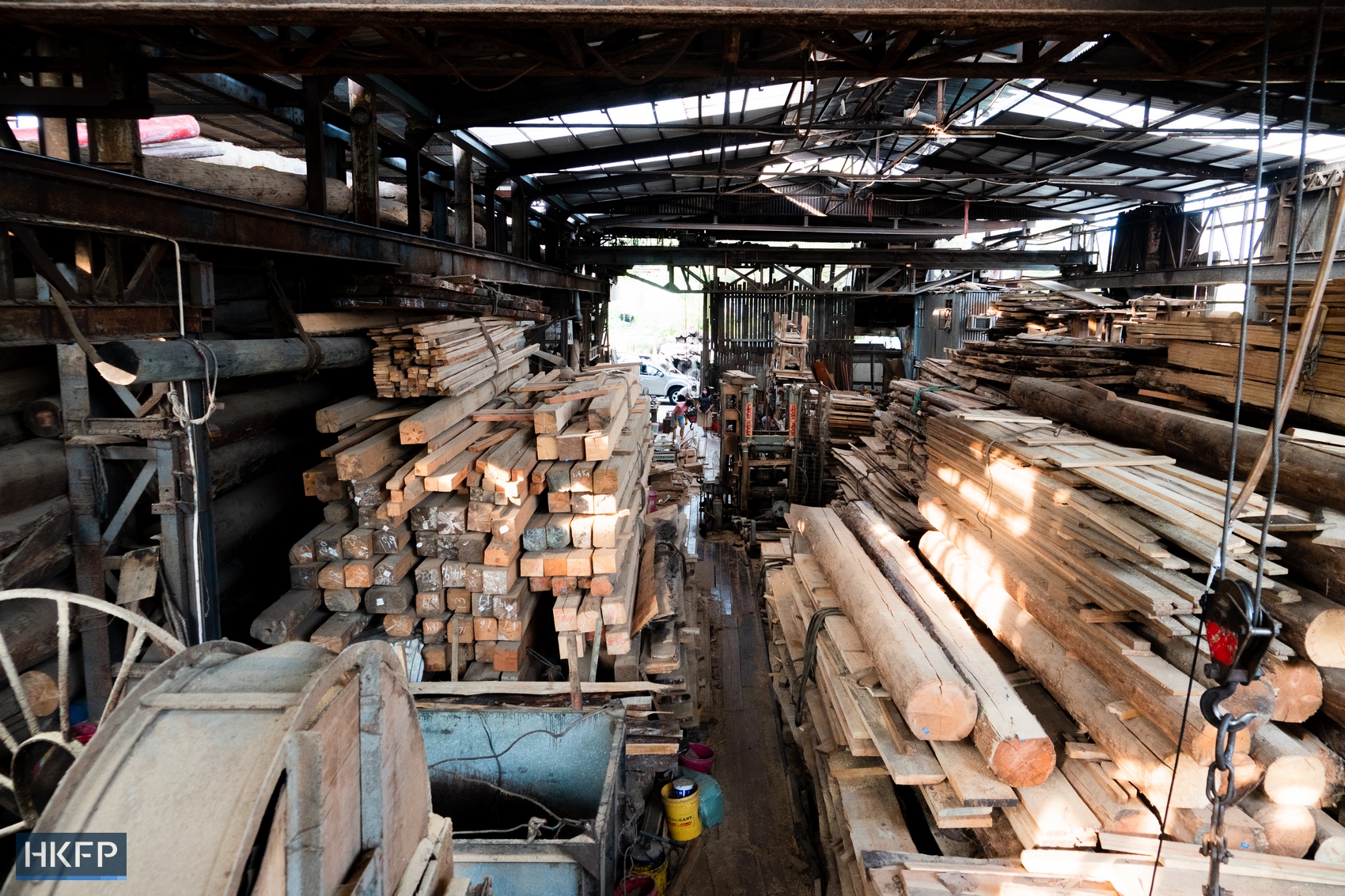
The Chi Kee Sawmill & Timber is the last of its kind in the financial hub, but the owners have been told to move out on or before September 13. “Look at this timber… how could we possibly empty the sawmill by the deadline?” Wong asked.
Visitors have gone to the premises every day to purchase wood since the sawmill announced its imminent closure. The sawmill is open from 10:00 a.m. to 4:00 p.m., Monday to Saturday, for visitors and buyers.

Like many people in the 1940s, Wong’s father came to Hong Kong from the mainland in the hope of putting down roots in what he saw as a “land of freedom.” Wong was born shortly after the business was established.

Wong said running a sawmill used to be profitable, as many grassroots households lived in wooden squatter huts in earlier days.
But now the squatter settlements have disappeared and for environmental reasons the government has stopped importing timber from tropical rain forests, once the main source of timber for local sawmills, Wong said.

Most sawmills shut before 1997, yet Chi Kee Sawmill & Timber managed to survive as Wong thought of a novel way to acquire cheap timber – recycling abandoned wooden utility poles from the China Light and Power Company.

“Nobody was willing to process those poles. Since the poles were soaked with chemicals, we thought processing them could be dangerous to our health,” Wong told HKFP. “But when you’re in despair, you try everything.”
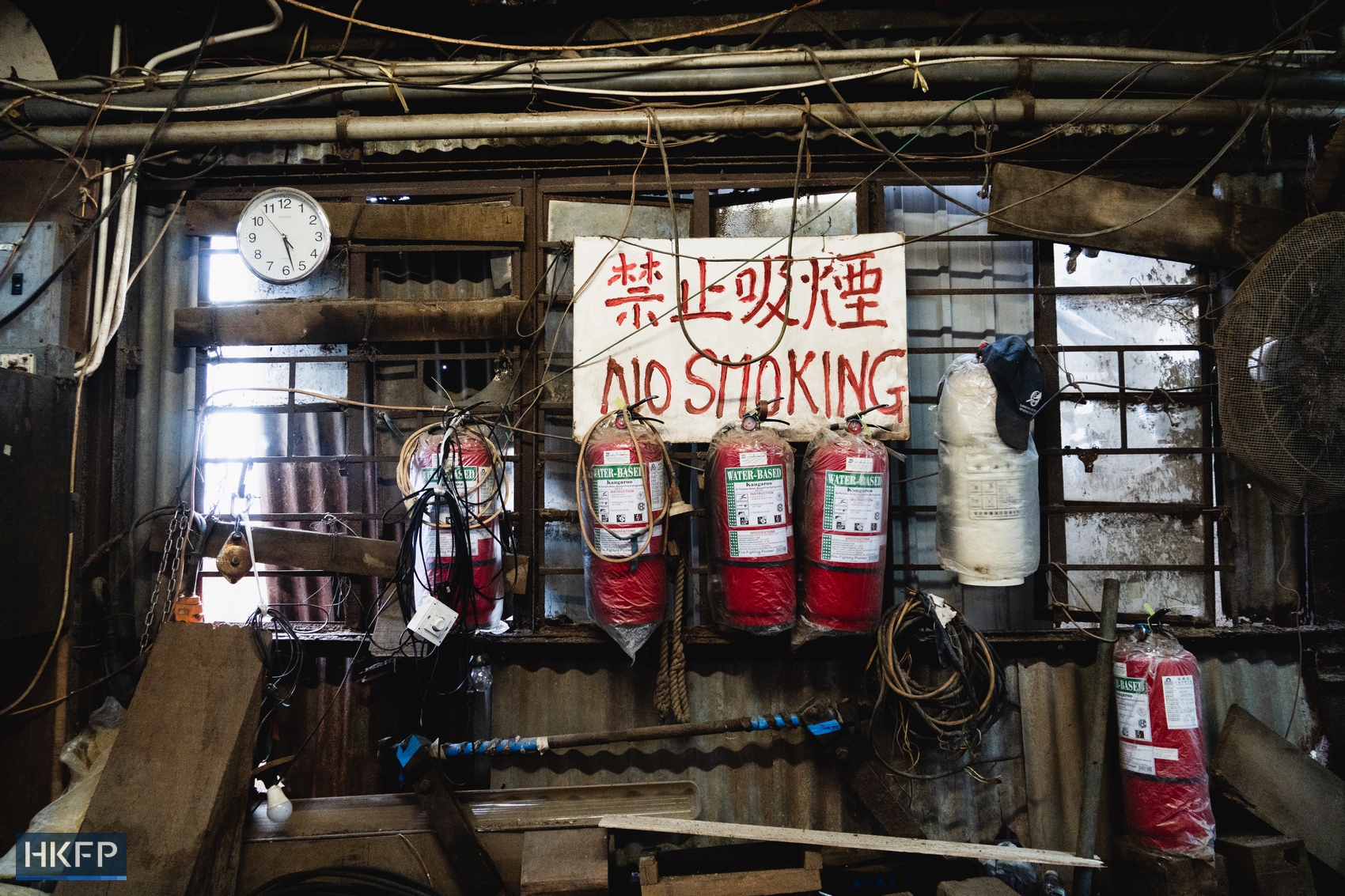
The power company later approved the sawmill’s processing procedure after reminding Wong to make sure the poles were not burned – a process which would release toxic gas.

The Chi Kee Sawmill & Timber also turned out pallets for airline cargo holds, and materials to repair Chinese temples and ancient wooden houses – until the Ma Tso Lun area became part of the development plan.
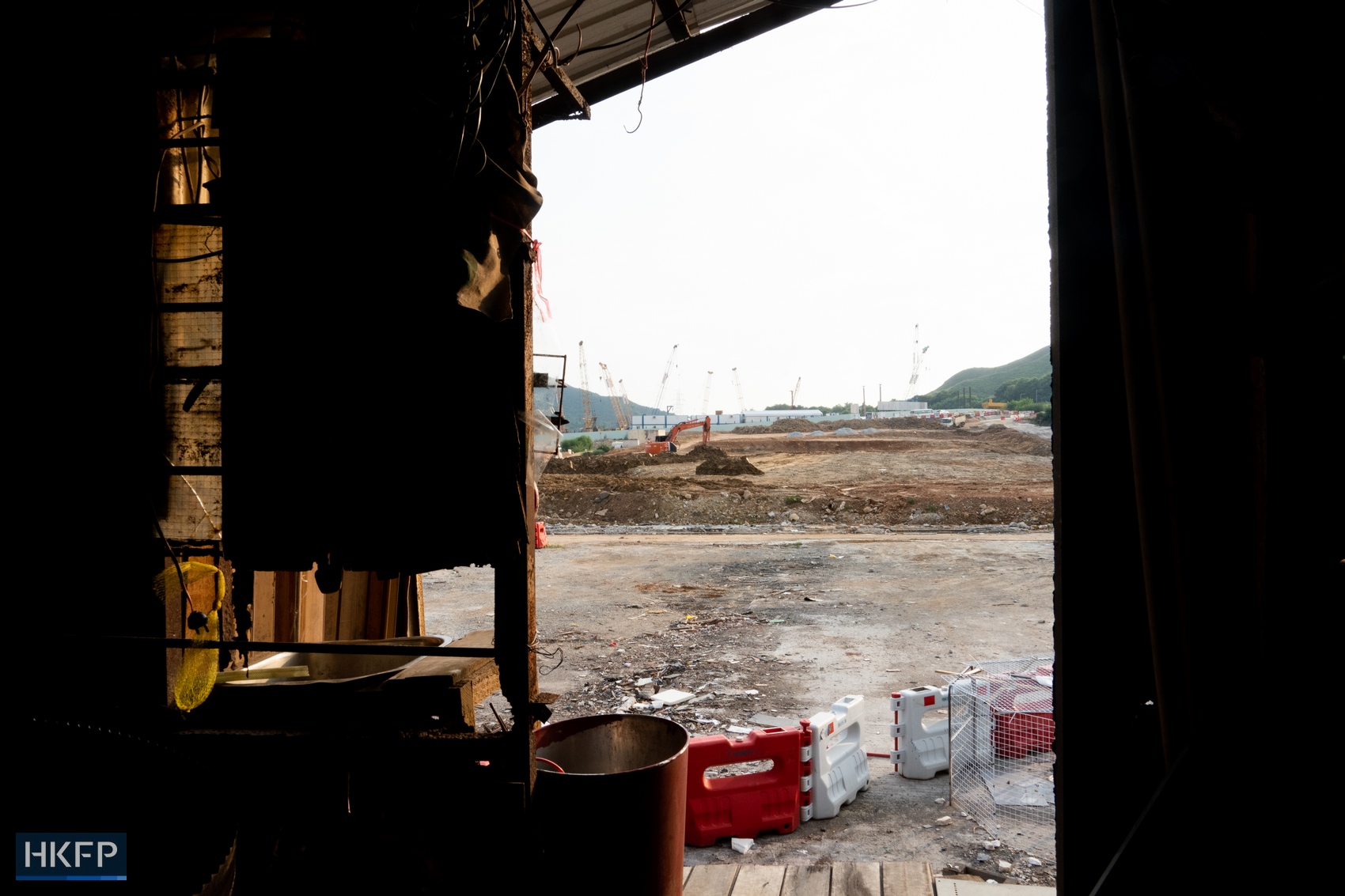
Wong and his seven siblings are all entitled to the land. Even with his share of compensation from the government, Wong said he would not be able to afford another sawmill elsewhere.
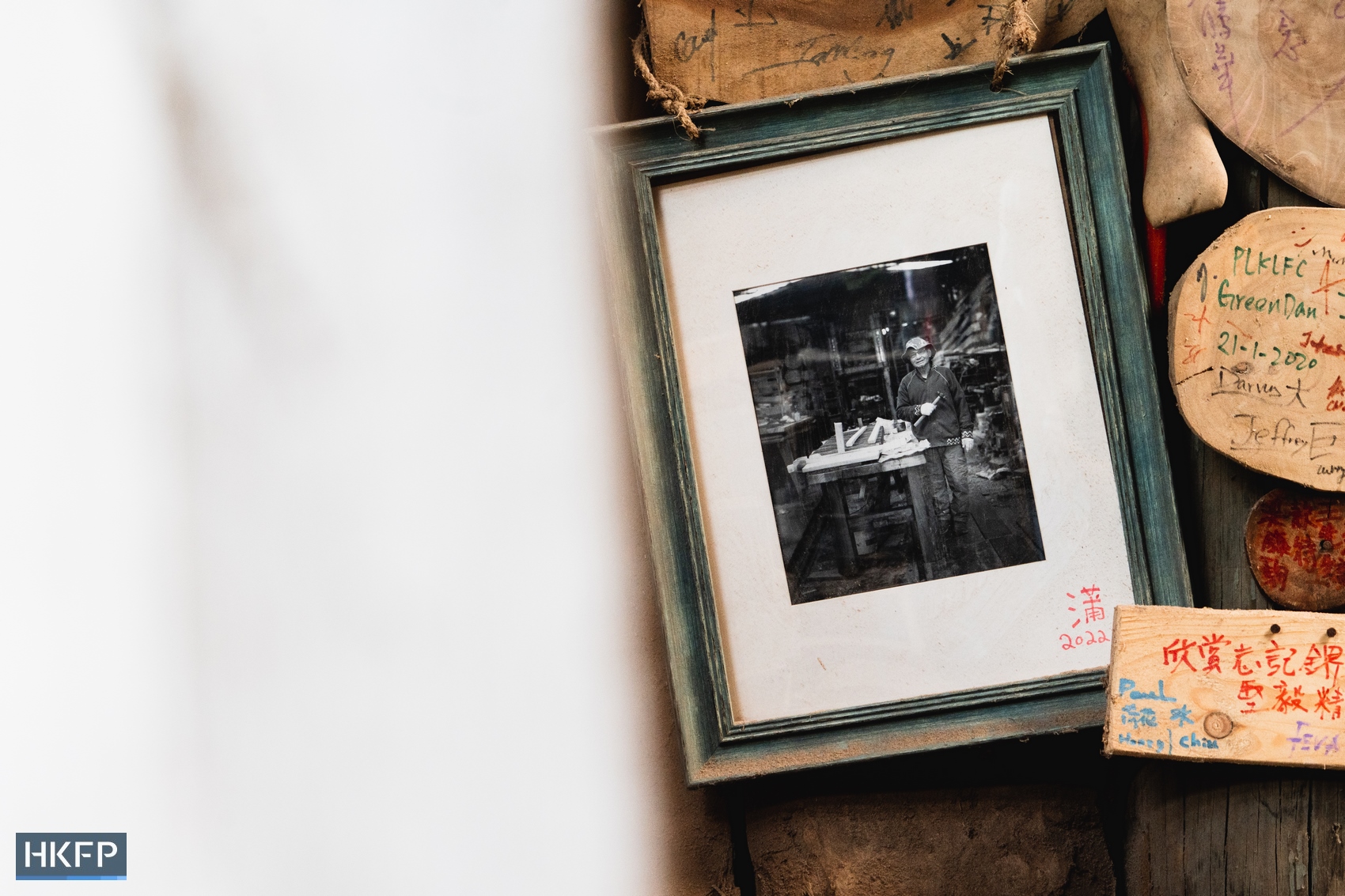
“I’m old, and I cannot do everything myself now. I rely on the younger generation,” Wong told HKFP. He wishes the sawmill could be preserved and converted into a museum for the next generation.

“It is a pity for a city to lose its last sawmill,” he said. “It serves as a temple for carpenters.”

Around the sawmill were dozens of round wooden planks with “thank you” messages on it, and handcrafted chairs made by visitors who have attended workshops held by the sawmill. Some of the messages were written by architecture and design students.

For Wong, carpentry is a lesson about life. “The characteristics of wood are similar to that of mankind. We are both created by God and there is no ancient or modern when it comes to cutting timber – we have done it throughout the history of mankind.”
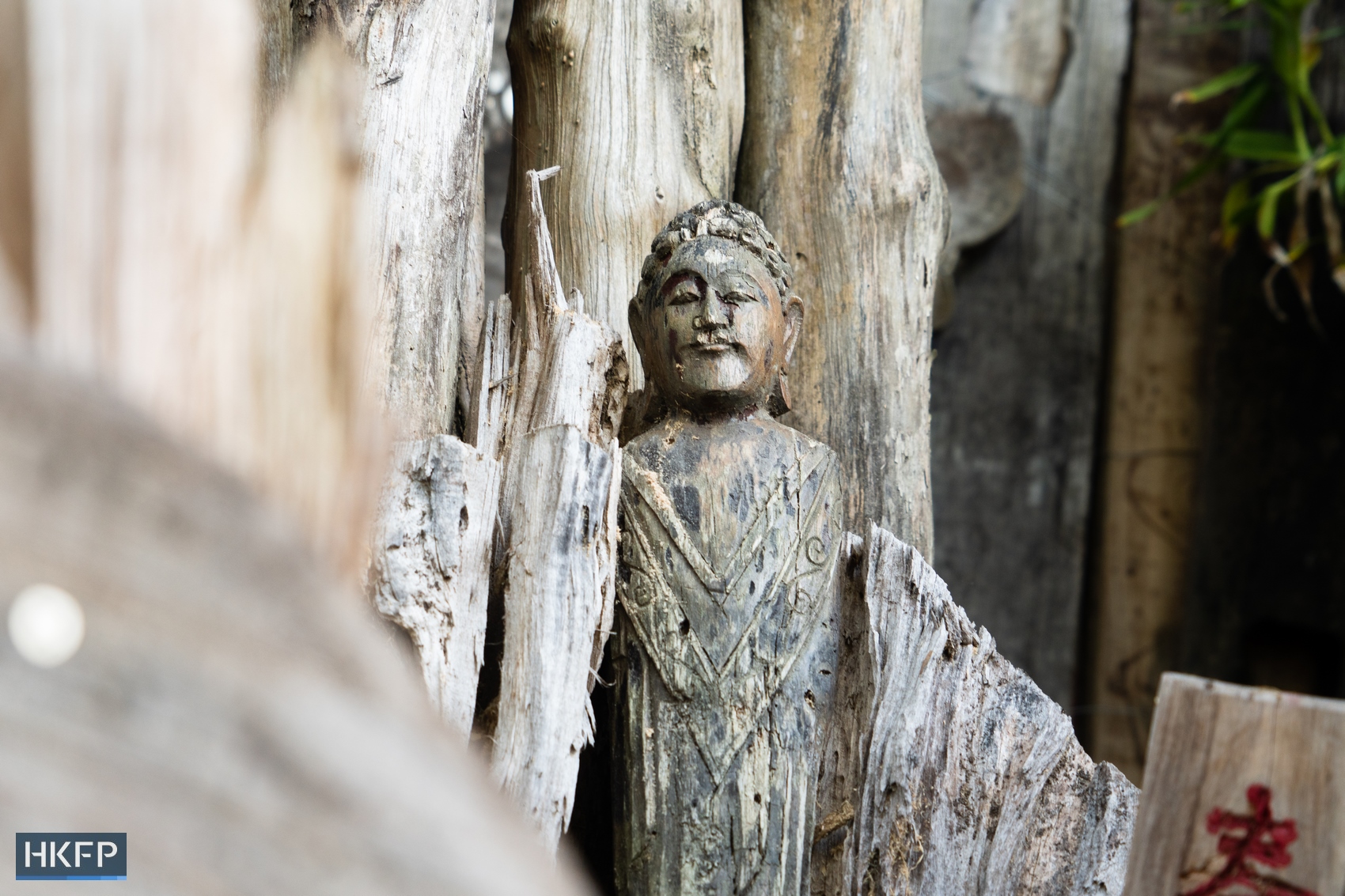
“The virtue of wood is fortitude and being quiet. It doesn’t run away when facing obstacles, and has to endure all difficulties or disasters – then evolving into a ‘phoenix’ if it survives the fire. I think it’s a good thing if we learn from wood, ” the seasoned carpenter said.
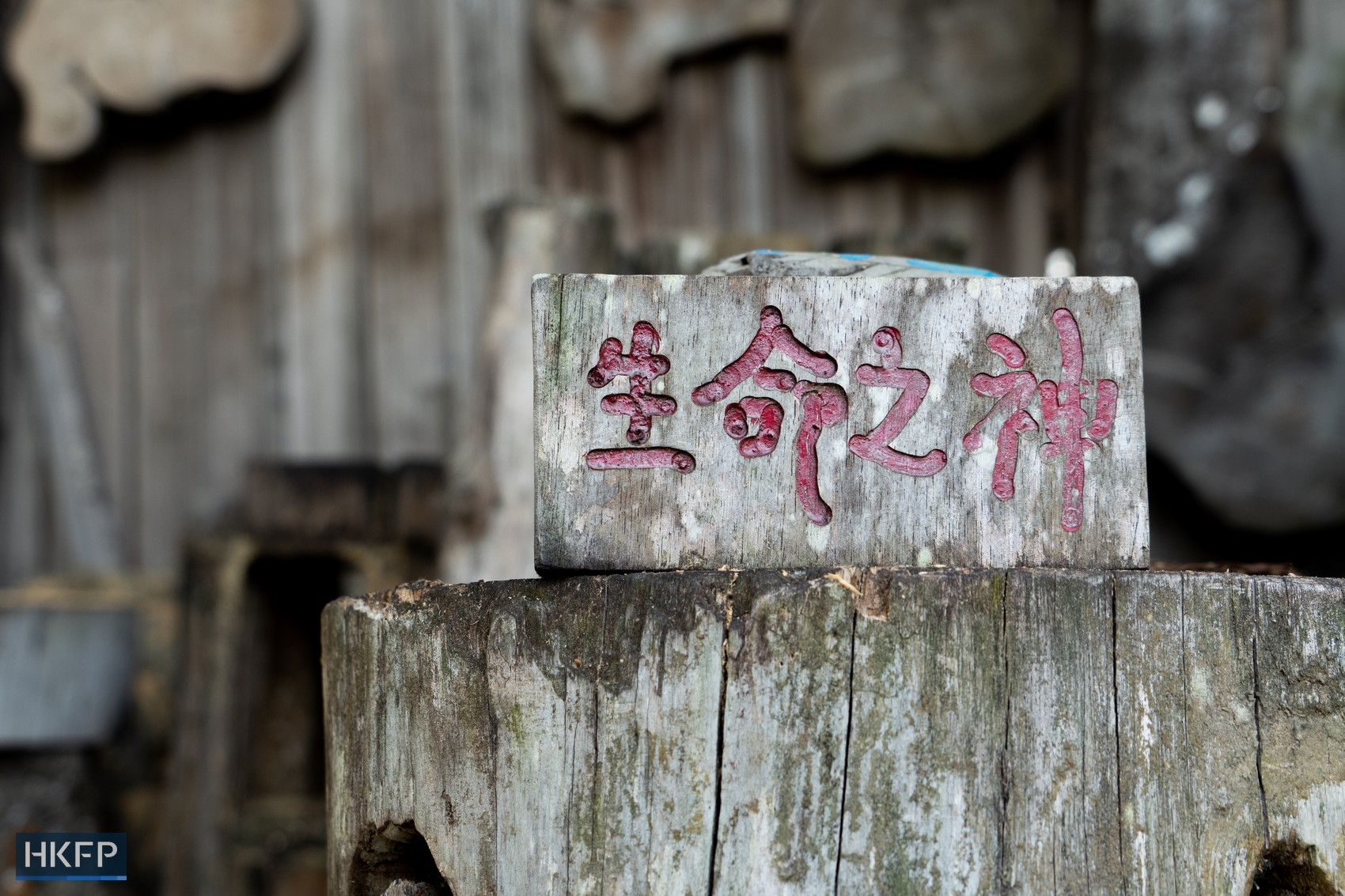
“Thing may seem gloomy now, but I tend to think it’s just the darkness before dawn. I hope there will be a turnaround,” Wong said.


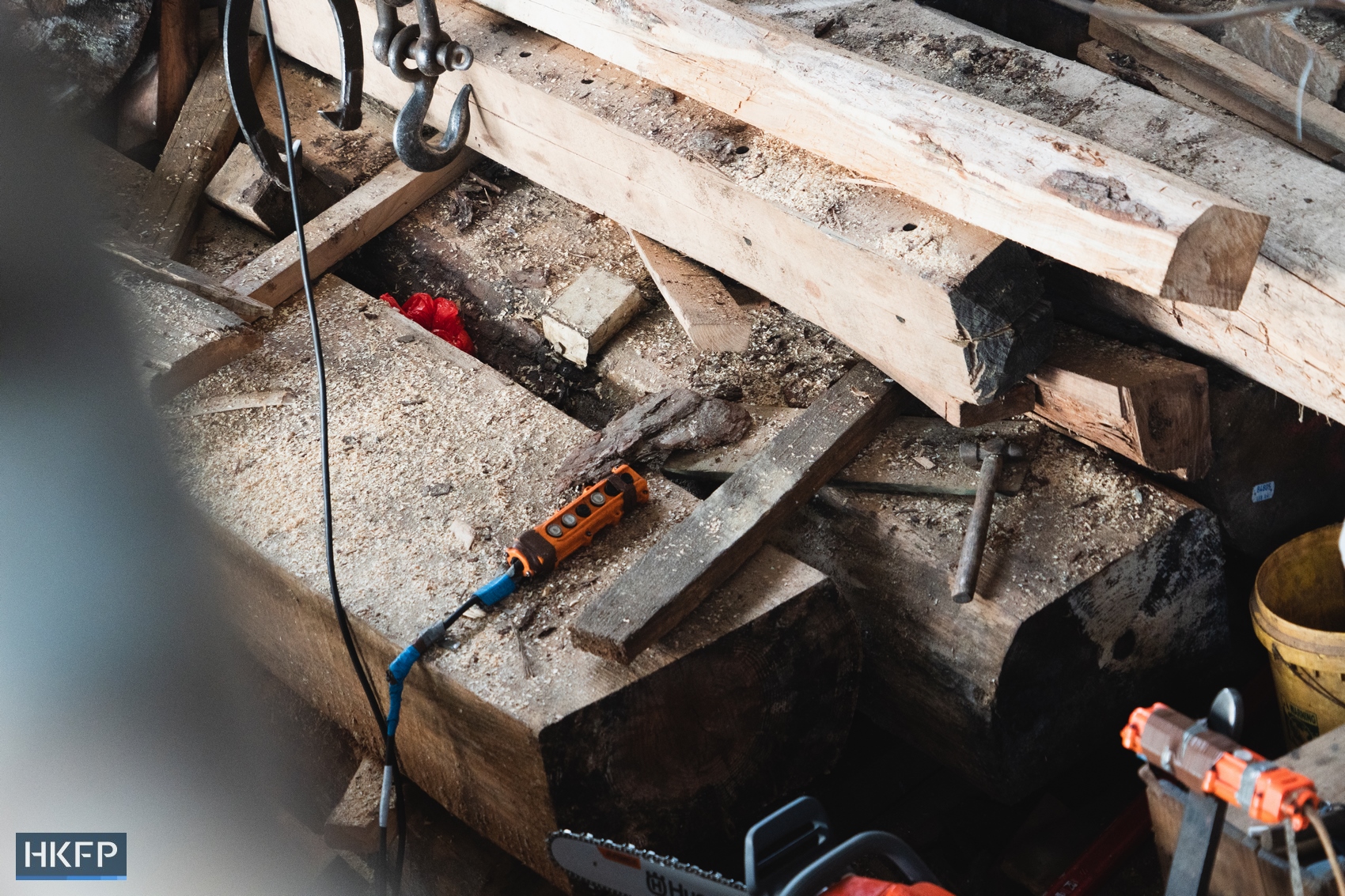

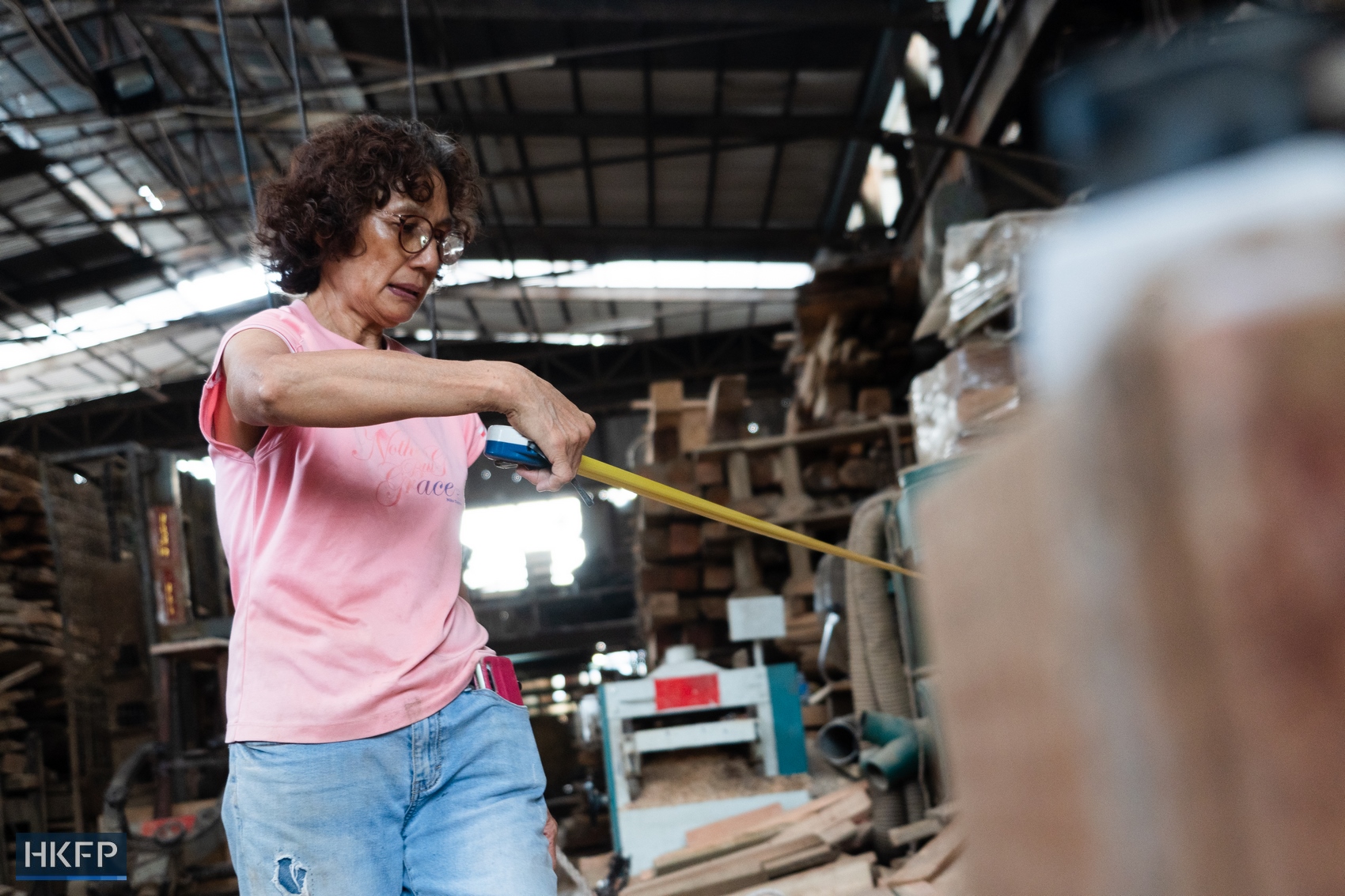

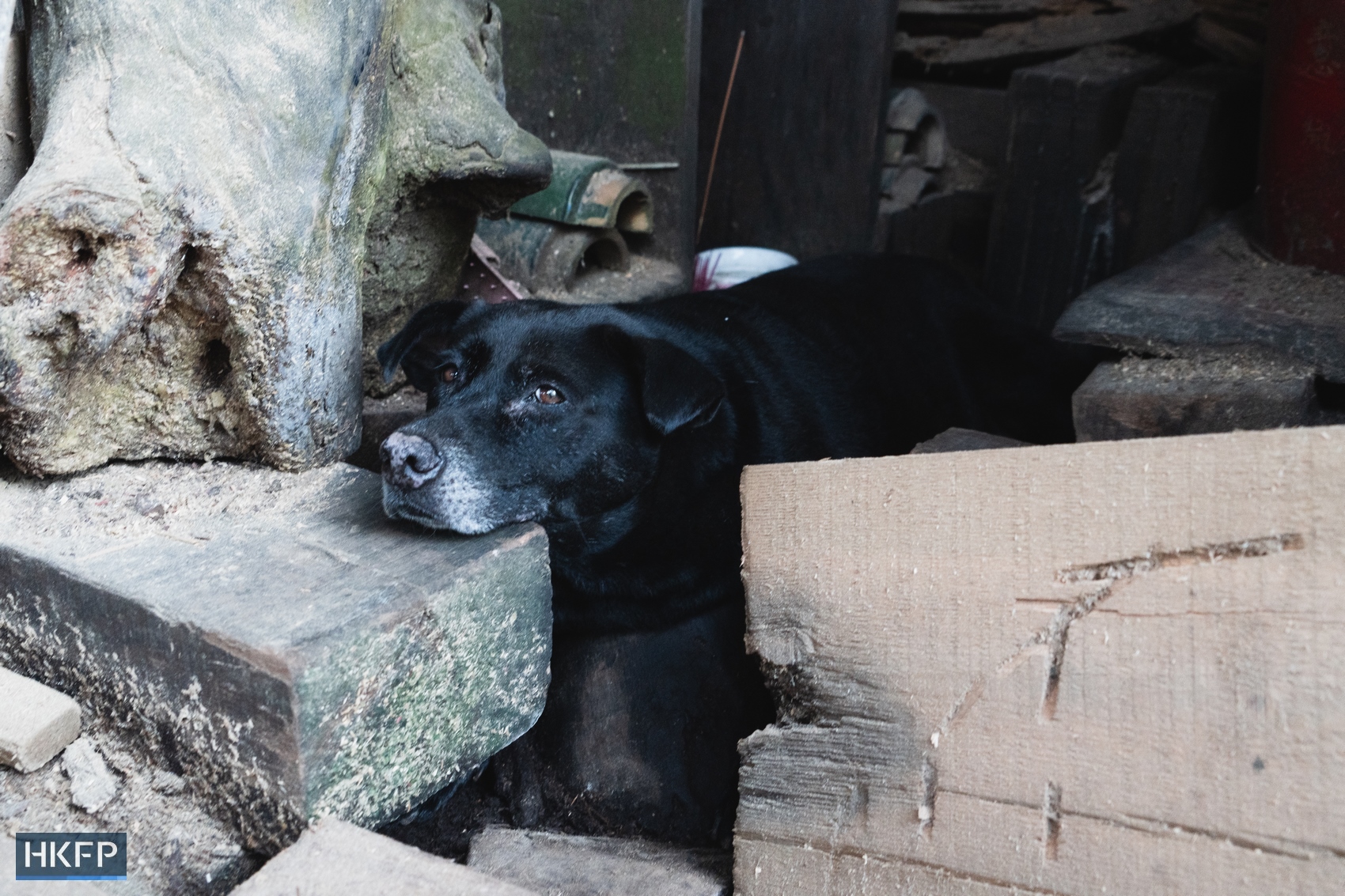
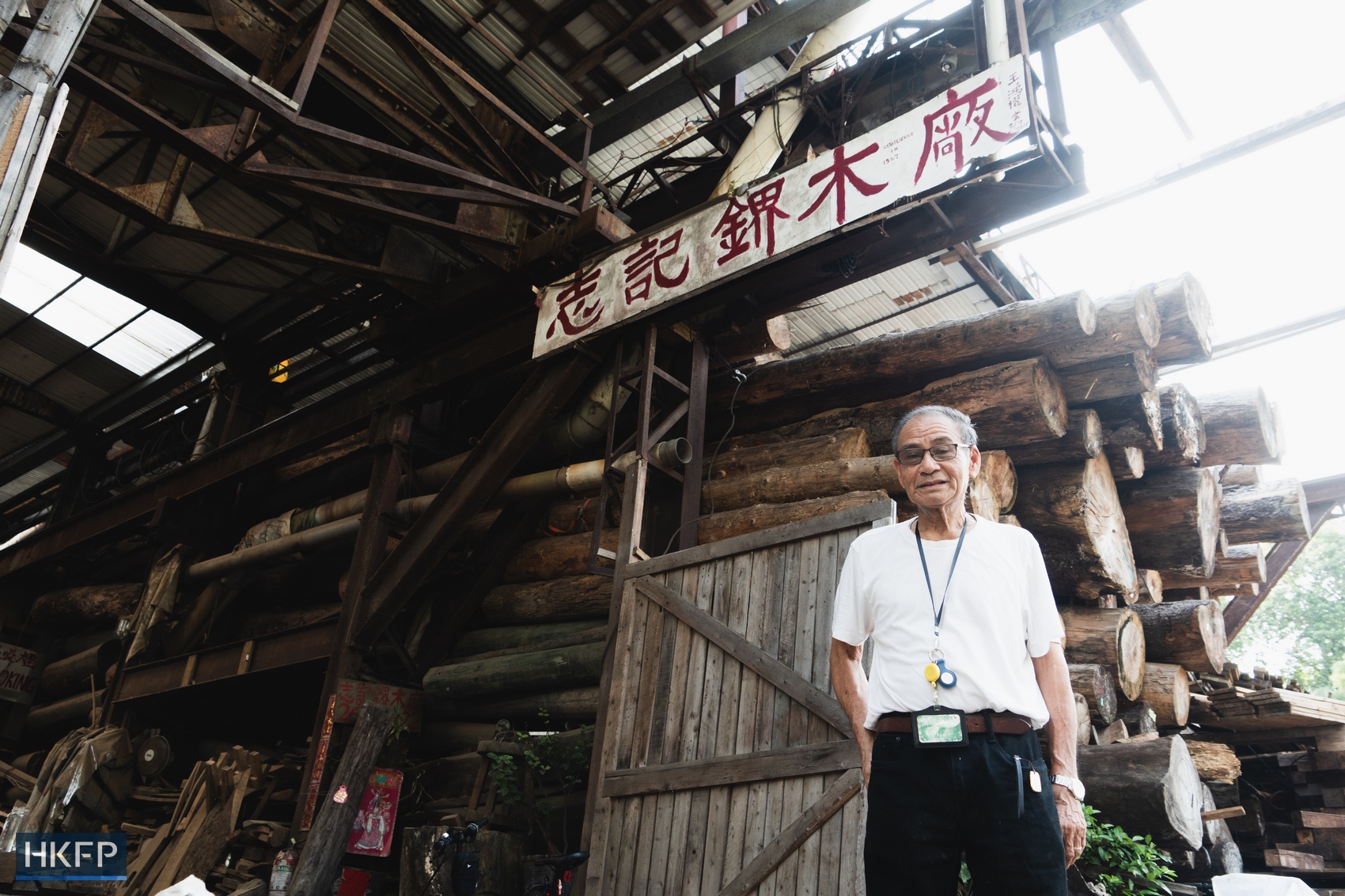
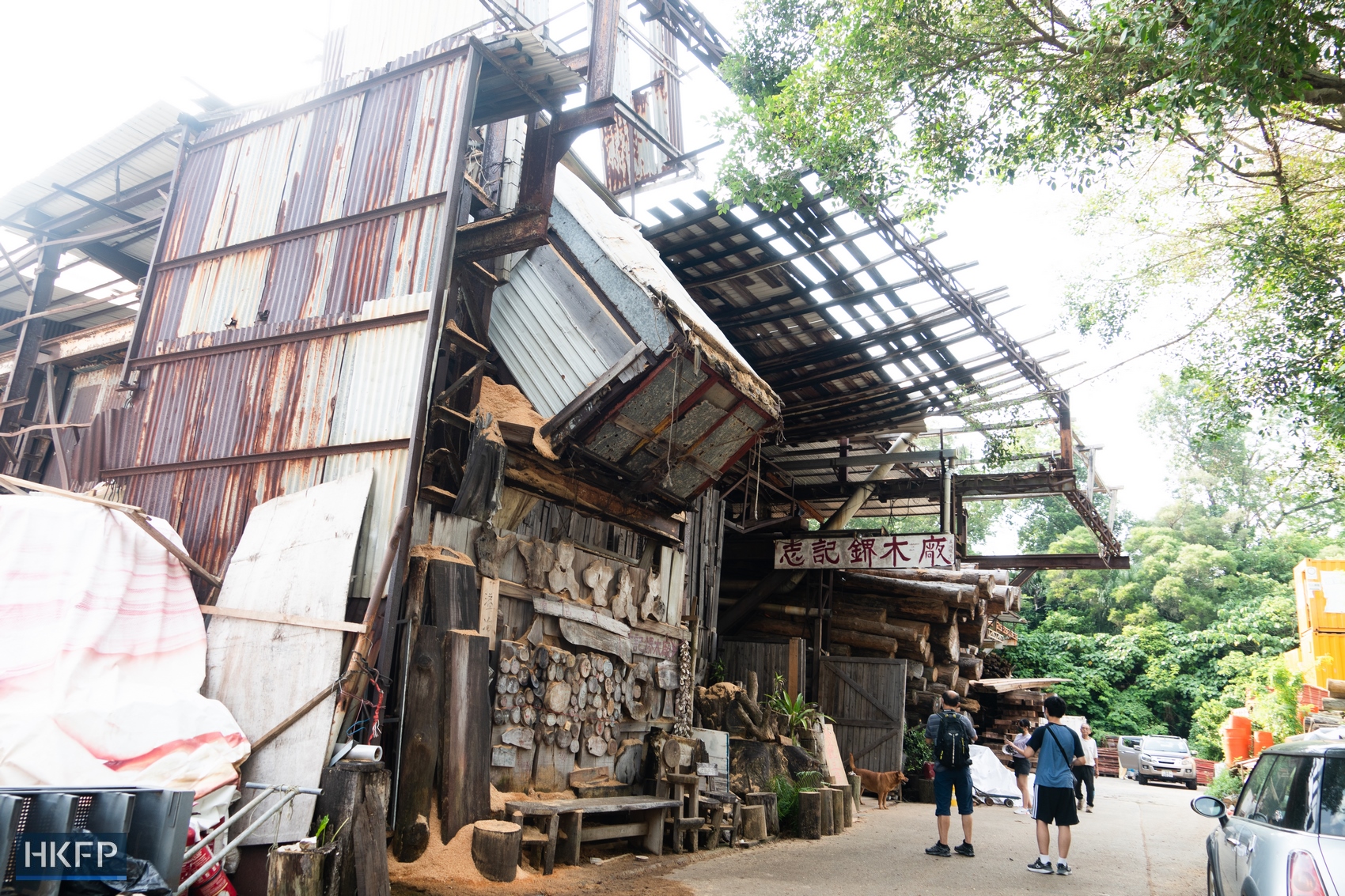
Support HKFP | Policies & Ethics | Error/typo? | Contact Us | Newsletter | Transparency & Annual Report | Apps
Help safeguard press freedom & keep HKFP free for all readers by supporting our team

LATEST FROM HKFP
HKFP has an impartial stance, transparent funding, and balanced coverage guided by an Ethics Code and Corrections Policy.
Support press freedom & help us surpass 1,000 monthly Patrons: 100% independent, governed by an ethics code & not-for-profit.




